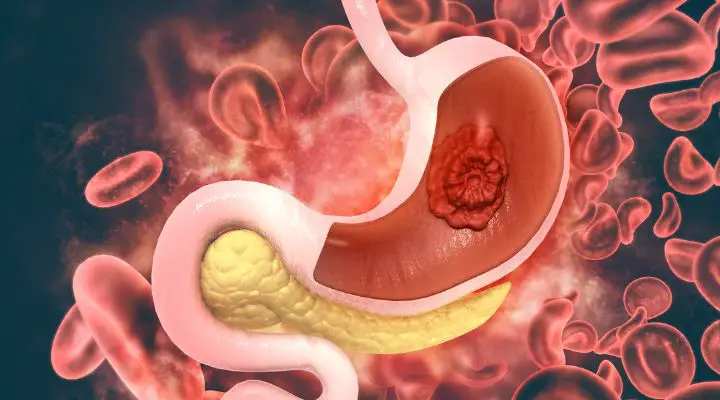Changes in Bowel Habits
Changes in bowel habits, such as persistent diarrhea or constipation, may signal an underlying gastrointestinal issue, including stomach cancer. If you notice significant changes in your bowel movements that persist for several weeks, seek medical advice.
Feeling Full Quickly
Early satiety, or feeling full quickly after eating small amounts of food, can be a warning sign of stomach cancer. If you consistently experience early satiety without a clear explanation, consult a healthcare professional for further evaluation.
Swelling or Fluid Build-Up
In advanced stages, stomach cancer may lead to abdominal swelling or fluid build-up, known as ascites. If you notice persistent abdominal swelling or discomfort, it’s essential to seek medical attention promptly.
Generalized Weakness
Generalized weakness and fatigue that affect your ability to perform daily tasks may indicate an underlying health issue, including stomach cancer. If you’re experiencing persistent weakness without a clear cause, consult a healthcare provider for evaluation.
Changes in Urination
In some cases, stomach cancer may lead to obstruction of the urinary tract, resulting in changes in urination, such as frequent urination or difficulty urinating. If you notice changes in your urinary habits, it’s essential to undergo medical assessment.
Conclusion
Recognizing the early warning signs of stomach cancer is crucial for prompt diagnosis and effective treatment. If you experience any concerning symptoms, such as unexplained weight loss, persistent indigestion, or difficulty swallowing, don’t ignore them. Consult a healthcare professional for evaluation and appropriate management. By staying vigilant and seeking timely medical attention, you can improve your chances of successful treatment outcomes.







